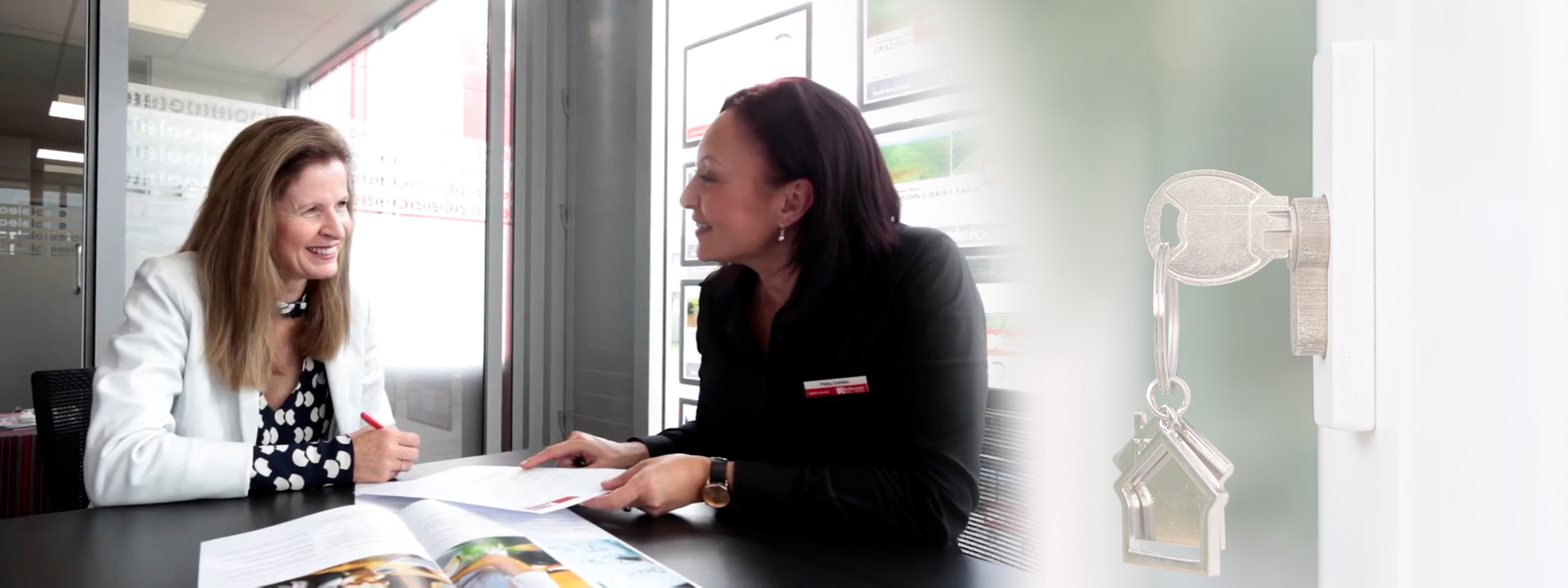Using your home's equity to buy an investment property
Investing in property has become a common path to financial success. In 2018, 313,596 taxpayers filed tax returns that declared rental income from property as a source of income. Around 11.6% of the working population of New Zealand are classed as property investors.
But knowing where to start with property investment can be overwhelming, especially if you’re just starting out. It’s good to start by asking yourself; what’s the main reason you want to invest? Is it to help with your retirement in years to come? Is it to help increase your passive income? Is it for the desire of future wealth? Or perhaps you are looking to reduce money worries? Whatever your reason it’s important you uncover your ‘why’ first, as that will help determine the ‘what’ when it comes to the type of investment you undertake.
According to Stats NZ investment in property increased by 5.4% in the year ending 2019 compared to the previous year. In fact, before that, 2017 saw a third of all investments by kiwis going into houses - which is the highest level since records began to measure investment levels some 45 years ago.
If you’ve decided that property is where you’d like to place your hard-earned cash then read on. In this article, we’ll start to look at the various investment methods that exist and the options you might have available to you going forward. Regardless of the route you take it’s essential that you seek independent legal and financial advice from a specialist. Don’t base your entire investment portfolio on online research alone!
So how do you know when it’s the right time to invest in a second property? Lucky for you, you‘ve started in the right place, by researching and doing your own due diligence!
In this blog, we will explain how to find out if you have equity in your home and how you might be able to use that equity to buy a second property for the purpose of investment.
What is equity?
Equity is the difference between what you owe on your mortgage and what your home is currently worth. If you have owned your home for a few years then chances are you have built up equity during the course of that time. This will have been done by paying off some of your mortgage, as well as any value increase your home has seen over time. Renovations are also another way to increase equity in your home as home improvements may increase the desirability and value.
In essence, you can calculate a basic equity value using the following:
Value of property - Outstanding debt = Equity
How much equity do I have in my home?
For example, if the market value of your home is $590,000 and the total amount you have borrowed is $300,000, then your equity would be $290,000. This is an oversimplified example but is perfect as an illustration.
If you want to buy an investment property, most lenders say that you'll need at least a 30% deposit. That’s because, unlike when buying a home to live in, the government and banks are looking to make it slightly harder for investors to acquire property than people that need homes to live in. This 30% requirement is due to the reserve banks LVR (loan-to-value ratio) restrictions for investment properties.
If you already own your own home chances are you have accumulated some, or a lot of equity over the years. To work out how much equity you have in your home and what is available to purchase a second property you will need to put aside 20% (this is also known as the "bank's comfort”) of the total market value of your home. Using the figures above as an example we’re looking at a $590.000 home with $290,000 in equity.
Therefore 20% of $590k = $118,000. This $118,000 will then need to be subtracted from your total equity and will stay as the equity in your home.
So your total equity available to be used as the deposit on your investment property is now $172,000.
How to go about using the equity
There are a couple of options that you can consider when accessing your equity. The best way to go about using this untapped equity is to talk directly to your lending provider, or if you would like to explore your options in the wider market then start by talking directly to a mortgage broker. While your bank will explain their best rates for you a mortgage broker will look at the entire lending market to find you the best deal.
A few options they may suggest could include:
-
Mortgage refinancing
To use this approach your home will need to be revalued (a likely step in any financing deal). The lender can then refinance your mortgage based on its new value, and allow you to withdraw cash based on the equity. You can choose whether to refinance with your current lender or switch to a new lender.
-
Take out a line of credit
A line of credit home loan, also known as a revolving mortgage, is an approved credit limit secured against the equity in your property. An easy way to think of this loan is to think of a credit card. It has a floating interest rate and you pay interest on the amount you owe. You can also take out money or make repayments as frequently as you like, and the interest is calculated on a daily basis from the current line of credit.
So what’s the next step?
It’s a good idea to first assess what you can afford, and the level of risk you’re comfortable taking. All investments carry varying degrees of risk and investing in property is one of them.
If you’re a first-time investor, or thinking about getting into the property market soon then we suggest starting out by getting sound financial and legal advice. A professional will help you understand the risks involved and guide you towards the types of investments your income and risk profile will be suited towards.
The kind of investment you end up going with will suit your financial and lifestyle goals, as well as your skillset. Is it a property to buy and hold on to while renting as it gains equity itself? Or are you looking for one to buy and flip? Are your goals long-term or short-term?
From a base level understanding of your goals evaluate the profitability of each as well as the amount of work you’ll need to put in versus the rewards. It is important to make sure you do the numbers, which include answering questions such as how much you would need to earn from weekly rental payments to cover the mortgage and maintenance costs. Does the property need any additional work until it can start making a profit? Can you handle your existing debt obligations while paying a second mortgage if it sits untenanted for a few weeks or months?
Understanding things like investment property yield and capital gain is very important to understanding whether the risk is worth the rewards. To help you get started we’ve created a free online download that explains some of the technical jargon and calculations to help you understand what you’re embarking on. Simply click the button below to get your free copy.






